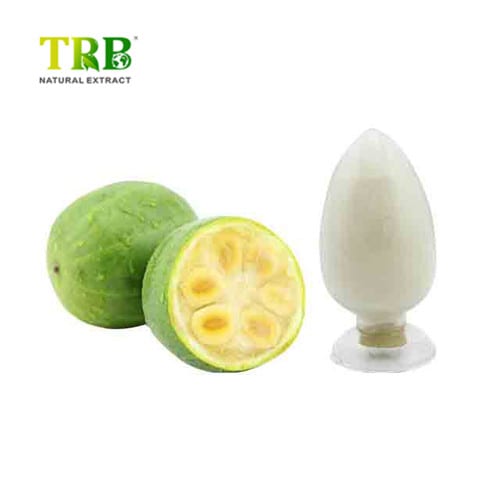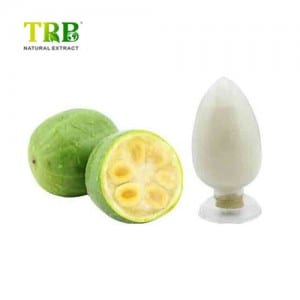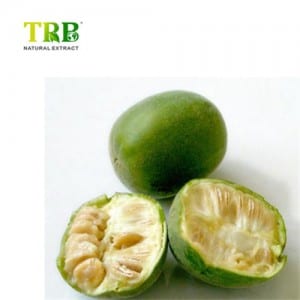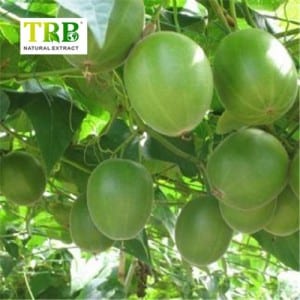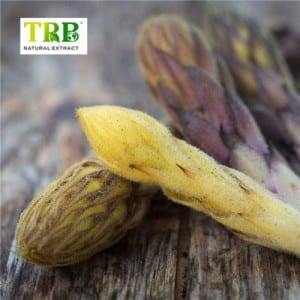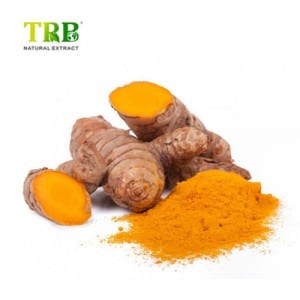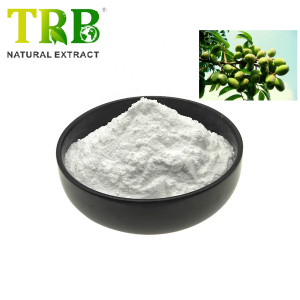Product Name:Monk Fruit Sweetener Luo Han Guo Extract
Latin Name:Monk FGriffonia simplicifolia (Vahl ex DC) Baill
CAS No:88901-36-4
Plant Part Used:Fruit
Assay:Mogroside V 20%~60% by UV; Mogrosides 7%~98% by HPLC
Solubility:Soluble in water and ethanol
Colour:Brown to off-white powder with characteristic odor and taste
GMO Status:GMO Free
Packing: in 25kgs fiber drums
Storage:Keep container unopened in cool, dry place,Keep away from strong light
Shelf Life:24 months from date of production
Monk Fruit Sweetener: A Natural, Zero-Calorie Sweetener for Health-Conscious Consumers
Introduction
Monk Fruit Sweetener, derived from the natural extract of Siraitia grosvenorii (also known as Luo Han Guo), is a revolutionary sugar substitute gaining popularity in North America and Europe. Recognized by the FDA as GRAS (Generally Recognized as Safe) since 2010 , this sweetener offers a guilt-free solution for reducing sugar intake while satisfying sweet cravings. With 150–250 times the sweetness of sugar and zero calories , it aligns perfectly with the growing demand for low-glycemic, diabetic-friendly, and keto-compliant products .
Key Health Benefits
- Zero Impact on Blood Sugar: Ideal for diabetics, monk fruit sweetener does not spike glucose or insulin levels, making it a safe alternative to sugar .
- Antioxidant & Anti-Inflammatory Properties: Contains mogrosides, compounds with anti-cancer, liver-protective, and immune-boosting effects .
- No Bitter Aftertaste: Unlike stevia, monk fruit blends smoothly into foods and beverages without unpleasant residues .
- Safe for All Ages: Approved for children, pregnant women, and individuals with dietary restrictions .
Product Forms & Applications
Monk Fruit Sweetener is available in versatile formats to suit diverse culinary needs:
- Powder: Perfect for baking, cereals, and coffee. Often blended with erythritol for texture .
- Liquid: A concentrated syrup ideal for smoothies, teas, and salad dressings .
- Extracts: Used in commercial food production, such as sports supplements, dairy products, and confectioneries .
Popular Uses:
- Replace sugar in baked goods, beverages (lemonade, coffee), and desserts .
- Enhance flavor in yogurts, sauces, and marinades without added calories .
- Ideal for low-carb, paleo, and vegan diets .
Why Choose Monk Fruit Sweetener?
- Clean Label Appeal: As a natural, non-GMO sweetener, it meets the demand for transparent ingredient lists .
- Thermal Stability: Retains sweetness even at high temperatures, suitable for baking and cooking .
- Market-Leading Safety: Extensively tested in animal and human studies with no adverse effects reported .
Consumer Trends & Market Insights
- North America Dominates: Health-conscious consumers drive demand, particularly for organic and liquid forms .
- E-Commerce Growth: Available via online retailers (Amazon, specialty health stores) and mainstream supermarkets .
- Competitive Edge: Brands like Lakanto and Pure Monk emphasize ”no additives” and diabetic-friendly claims to stand out .
Regulatory Compliance & Quality Assurance
- FDA-Approved: Compliant with U.S. and international food safety standards .
- Non-GMO & Organic Options: Cater to premium market segments seeking clean-label products .
Conclusion
Monk Fruit Sweetener is more than a sugar substitute—it’s a gateway to healthier living. With its natural origins, multifunctional benefits, and versatility, it answers the global call for reduced sugar consumption without compromising taste. Whether for home use or food manufacturing, this sweetener is poised to transform the way we enjoy sweetness—naturally and responsibly.
Keywords: natural zero-calorie sweetener, monk fruit benefits, diabetic-friendly sugar substitute, keto sweetener, FDA-approved sweetener, low-glycemic sweetener.
